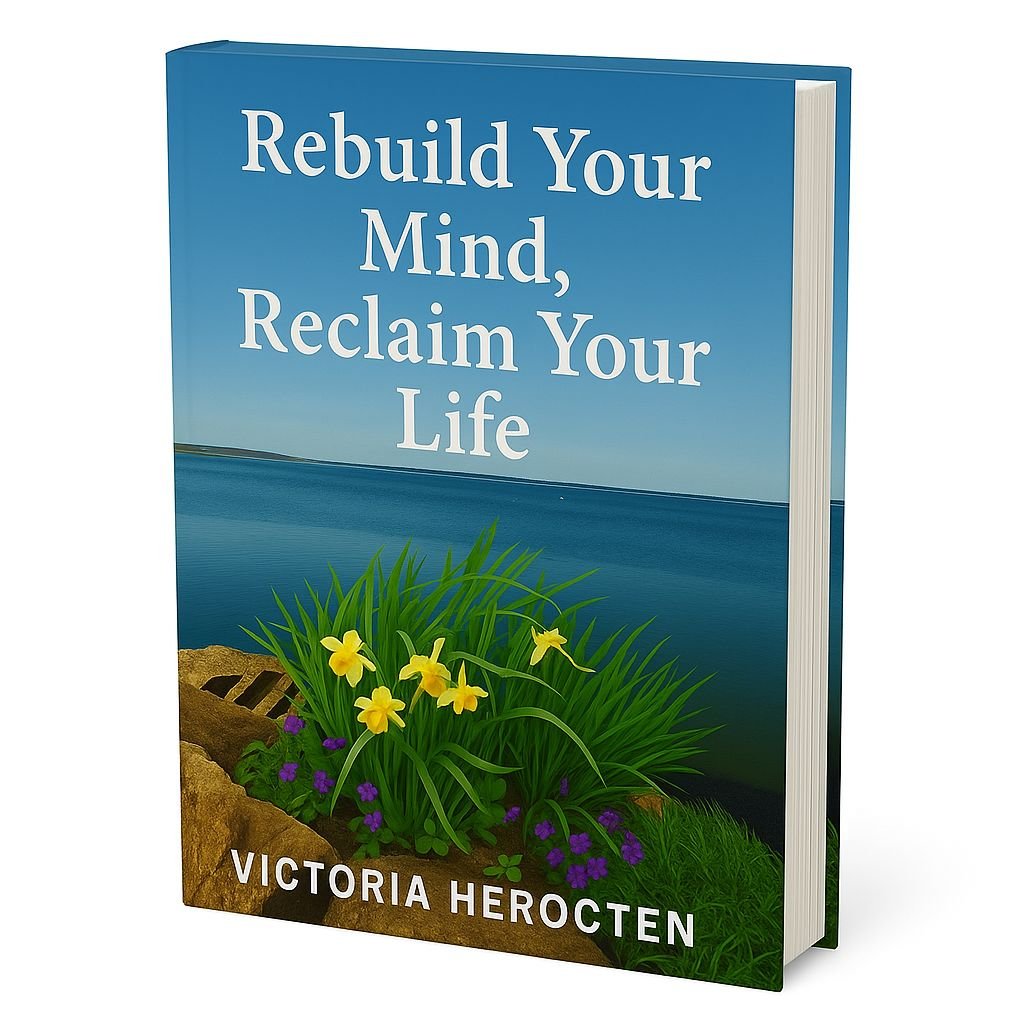In the previous post, we looked at three disempowering beliefs that can keep women trapped in toxic family dynamics. Here, we’ll explore three more — each deeply rooted in family conditioning and capable of shaping a woman’s life for decades if left unchallenged.
As before, each belief is illustrated with a real-life style case study, the emotional and practical impact, and a reflection from a leading voice in personal growth.

Disempowering Belief #1:
“Blood is thicker than anything else, so I should stay even around abusive people.”
The first of these disempowering beliefs glorifies family loyalty, presenting it as an unquestionable virtue. On the surface, it sounds noble—valuing family bonds above all else. But in toxic or abusive situations, it becomes a trap.
It keeps women tied to harmful environments simply because the abusers share their DNA. Over time, it conditions you to tolerate mistreatment and excuse behaviour you’d never accept from anyone else, under the false assumption that “family is family.” This belief is often reinforced by cultural pressure, guilt-tripping relatives, and childhood conditioning that equates distance with betrayal.
“At Awaken Happy Life, we guide middle-aged women on a holistic journey to break free from limitations and grow into powerful, confident selves.”
Disempowering Scenario
Denise, 54, has endured years of verbal abuse from her brother. He insults her appearance, dismisses her opinions, and belittles her choices. Every family gathering leaves her shaken, yet when friends suggest creating distance, she says, “Family is family — I can’t just walk away.” She fears cutting ties would make her a bad person, despite the toll it takes on her mental health. She continues attending events, bracing herself for the inevitable put-downs, and convincing herself she’s doing “the right thing” by enduring them
Impact
Denise experiences chronic anxiety in the days leading up to family events and is emotionally exhausted for days afterwards. She has begun to normalise verbal abuse, rationalising it because it comes from relatives. This has dulled her ability to recognise disrespect in other areas of life.
Long-Term Consequences
If Denise maintains this belief, she risks deep emotional scars, persistent low self-worth, and the loss of healthier connections outside her family. The constant exposure to abuse can lead to depression, anxiety disorders, and a skewed view of what love and loyalty truly mean.
Disempowering Belief #2:
“I am unworthy because my mother never appreciated my achievements.”
This is one of the most disempowering beliefs. When a parent is dismissive, critical, or emotionally unavailable, it can leave lasting damage on a daughter’s self-esteem. Even major successes feel meaningless if they go unrecognised—or worse, are belittled—by someone whose approval she craves.
This belief keeps her trapped in an exhausting cycle of overachievement, seeking validation from people incapable of giving it. Over time, her internal worth remains tethered to external praise, making her happiness fragile and dependent.
Disempowering Scenario
Helen, 49, has built a successful career and earned multiple promotions. Yet every accomplishment feels hollow because her mother finds a way to minimise it. When Helen excitedly shared her most recent promotion, her mother’s only remark was, “Don’t let it go to your head.” Over the years, this pattern has left Helen reluctant to share good news, anticipating criticism rather than celebration.
Impact
Helen pushes herself to work harder, constantly raising the bar in hopes that maybe this time her mother will be proud. She avoids talking about her achievements in social settings, fearful of judgment. This has made her hesitant to advocate for herself professionally, even when she’s earned the recognition.
Long-Term Consequences
If Helen continues seeking worth through her mother’s approval, she will keep sabotaging her confidence and personal joy. She risks burnout from chronic overwork and may miss out on fulfilling opportunities because she undervalues her talents.
January Sale!
Start 2026 with a new, healed self, able to build happy relationships. Now at a much lower price.

Disempowering Belief #3:
“I am unwanted because I was conceived before my parents married.”“I am unwanted because I was conceived before my parents married.”
The last of disempowering beliefs attaches self-worth to the circumstances of one’s conception—something entirely beyond a person’s control. It frames existence as a “mistake” rather than a natural part of life. For women in toxic families, offhand comments or subtle family dynamics can cement this feeling of being less legitimate than siblings or cousins. The shame can last a lifetime, influencing relationships, career choices, and even health.
Disempowering Scenario
Carla, 50, has always felt like an outsider in her own family. Relatives have made passing comments about her being “the surprise baby” or “not planned.” Though they may have meant it lightly, she interpreted it as proof she wasn’t supposed to exist. This belief has led her to stay quiet in group settings, avoid drawing attention, and downplay her needs.
Impact
Carla hesitates to take up space in conversations or assert her boundaries. She keeps her ambitions modest, afraid that wanting “too much” would somehow prove she doesn’t deserve what she has.
Long-Term Consequences
If Carla holds onto this belief, she will continue to live small—avoiding opportunities, silencing her opinions, and accepting less than she deserves. Her relationships may remain imbalanced, and she risks looking back with regret at all the things she never dared to pursue.
Check all articles about toxic beliefs:
If you’re ready to start rewriting these beliefs, my e-book “Heal The Beliefs That Hurt You” walks you through the exact steps to do it — without overwhelm. Learn more here now.
Closing Thoughts
Each of these beliefs can feel deeply ingrained, especially when they’ve been reinforced since childhood. But they are not unchangeable truths — they’re learned patterns, and anything learned can be unlearned.
Victoria Herocten
Gentle Reminder:
All the guidance and resources shared here are created to inspire growth, reflection, and empowerment. They are not a substitute for medical, psychological, legal, or financial advice. Each person’s path is unique, and results will naturally vary. Please seek professional support when it comes to your health, finances, or personal circumstances. By engaging with this content, you honour your own responsibility for your choices and wellbeing.


